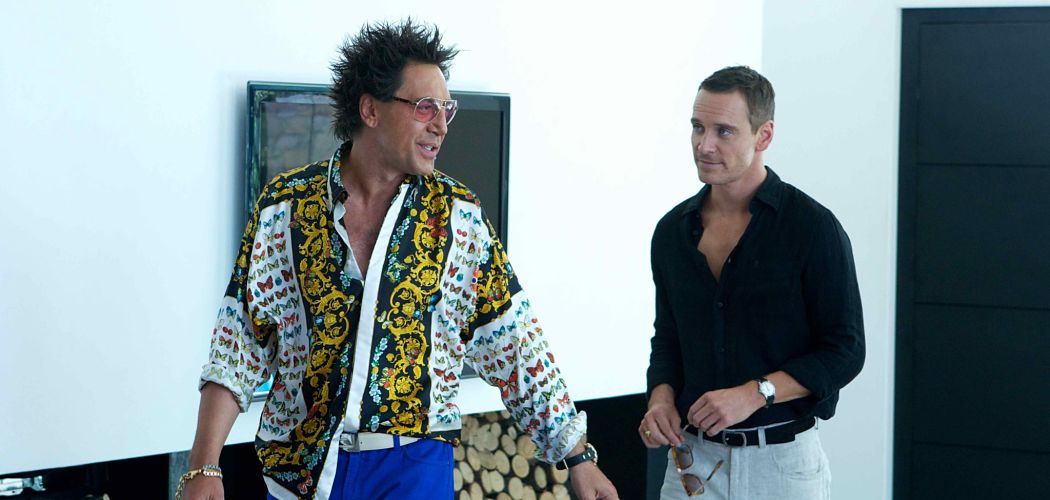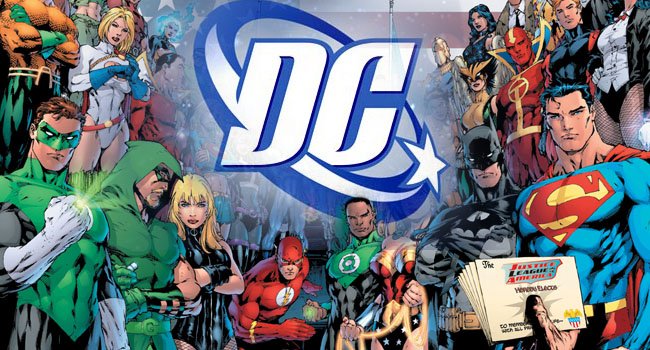In 2013, The Counselor hit theaters with an impressive pedigree. Gladiator director, Ridley Scott, shooting a script by Pulitzer Prize winner, Cormac McCarthy, with a cast of great actors and also Cameron Diaz (we’ll focus on her contribution later). Critically, the film was underwhelming, receiving more negative than positive reviews, though it did manage to make decent returns at the box office. Scott’s films over the past few years have been less warmly received than his previous work (Alien, Black Hawk Down, and almost everything in between), and McCarthy is notable for his dense writing and hard-to-swallow themes, but it seemed like the pairing was ready for award season. So what went wrong?
Well, Cameron Diaz, for one thing, but, again, we’ll talk about that later. It isn’t that anything is necessarily bad about the film. The actors are as good as ever, with an especially entertaining turn from Javier Bardem, and the script has some great depth to it. The trouble is, it’s deep to the point of being almost incomprehensible. As with a McCarthy novel, there are some images and monologues that require repeat reading to peel back the warped philosophies of the characters. There’s a reason why he’s often lumped into a group of contemporary writers that includes Thomas Pynchon, Philip Roth, and Don Delillo: they all have the annoying habit of hiding the truths of their novels deep in the pages. That’s fine for reading, but when the viewer sits down in the theater, expecting a thriller from the guy who gave us Russell Crowe fighting tigers, and instead watching nearly two hours of monologues, it’s hard to fault that viewer for disliking the film.

So what is it about the film that’s likable? Rest assured that I won’t mention Cameron Diaz this time, because she has no part in the answer to that question. Instead, let’s look at what McCarthy’s script seems to be reaching for. From the trailers and the tone of the film, The Counselor sets itself up to be a solid action film about Michael Fassbender’s title character fighting back/running away from the mysterious drug cartels (a Mexico-USA border story? From McCarthy? You must be crazy) and trying to protect Penelope Cruz/his business interests. Javier Bardem has spiked hair! Brad Pitt wears a hat! Nothing about this film screams “meditation on the action film,” and yet, that’s what we get. And that’s what’s so likable. If we watch the film with the expectation of great fights and chase scenes, we’ll be (mostly) disappointed. Everything is a slow burn. So if we have such a careful writer and an equally careful director (even Robin Hood was well-directed), how could they forget all the shootouts?
Let’s argue for a moment that these two know exactly what they’re doing. If the action is low, then maybe we’re missing the point. Each of the numerous monologues seems focused on the threat of violence or the cost of greed. The darkness of the world gives an ominous sense of trouble, made concrete by Westray’s (Pitt) desire to get out of the whole business. What we’re seeing is the other side of the action film, the other 90% that doesn’t have all the action (though, when we do get it, it only serves to underscore the conversations). McCarthy’s script takes its time to move towards the truth about the action hero: one man (and, in this case, a man ill-suited for action) can’t just pick up a gun, go down to Mexico, and defeat the mysterious bad guys. The truth buried deep in the film seems more focused on fate. If we choose to involve ourselves with shadowy evils, shadowy evils will eventually destroy us. That’s no good. We don’t even get to see the good guys have a last stand. They get picked off one by one, down to poor Westray who thought he was in the clear. At the end, we have the image of Fassbender sobbing interspersed with shots of Laura’s (Cruz) body being dumped in a garbage heap. Not pleasant, but also not unrealistic given the odds against him (imagine yourself as Dominic Toretto. Now imagine yourself dead halfway through The Fast and the Furious, because you’re not making it another six movies with that kind of violence).

So we have a film that shows us the other side of action, where the protagonist not only loses but fails to see even one step ahead the entire time. And how could he? We watch the cartel perform its tasks with no explanation of their purpose, understanding as much as the counselor might, if he were able to see all that we can. It’s a painful way to be treated as an audience, being shown that we really can’t solve all the mysteries presented to us. McCarthy hand feeds us nothing, showing us the futility of our small understanding of the workings of the world. He doesn’t pretend to understand the motivations behind all of this, other than a general sense that money is at the core of it. That might be something we can take in private, reading a book, but to be shamed publicly in the theater is a less enjoyable experience.
So is it a good film? Sure, it mistreats its audience, but it’s all for the sake of learning something deeper about who we are as viewers of the genre, buying in to sev-movie franchises and measuring progress in property damage. So maybe that’s enough.
Oh, except Cameron Diaz. It was enough to feel like the film was criticizing the audience throughout, but to end on a monologue by the weakest actor in the cast? Quite the gutsy (read: terrible) move. Scott had an opportunity to really drive the point home at the end, and he picked Diaz to mis-deliver the final lines. With a film that takes such an incredible risk and builds carefully to its climax, to end on such a bad note destroys the reality of the thing like dropping a brick on a house of cards. I don’t think Diaz intended to ruin it. I don’t think she’s a bad person. But where this might have been a film remembered as a critique of both viewer consumption and the action genre as a whole, she stands out as being unaware of her own importance in the project, speaking lines with conviction but no real comprehension. That itself seems to be what the film sets out to critique, but instead ends up reinforcing. And so the action film continues, blissfully unaware of its own dishonesty. Oh well. There’s always hope for The Counselor 2.



